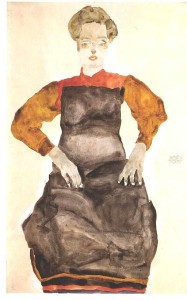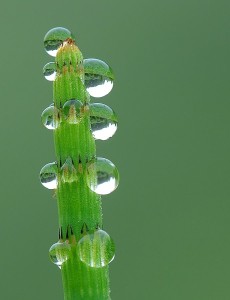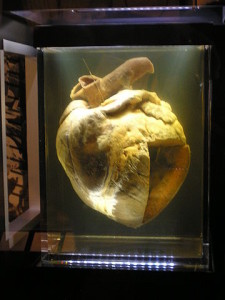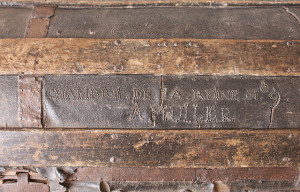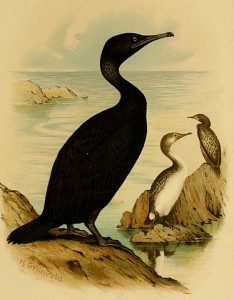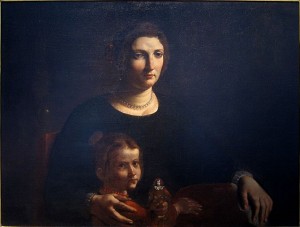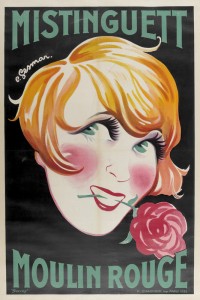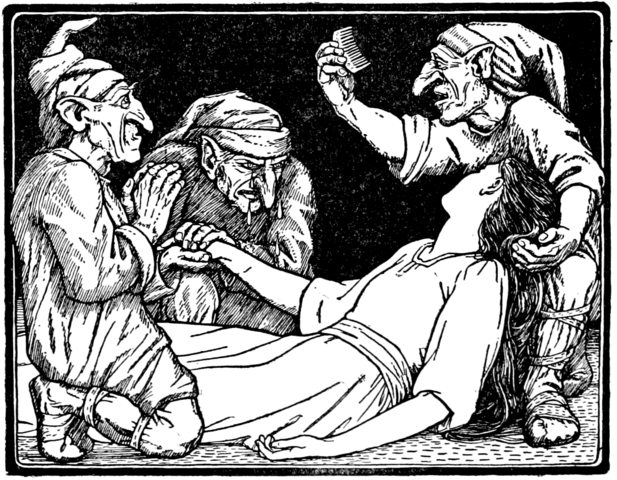
Cast out from home
By that jealous gnome
Her father married
When her mother passed on.
Vain and younger,
She kept an oval mirror
In her dress pocket,
Always with her.
Constantly jealous
Of her stepdaughter’s beauty
And effortless warmth
With everyone around her,
She wondered
What it was about Snow,
That inspired so many
To love and protect her.
She tested her theory
By commanding her security
To kill young Snow
And dispose of her body.
But they couldn’t.
They’d known her since
She was a baby, watched her
Grow up into a gentle lady.
So they snapped photos of her
Lying “slain” in red paint
Then smuggled her aboard
A very large container
To an island far away
From her evil stepmother,
Where she was adopted by
A group of old dwarven miners
Who had recently lost
Their own wives and daughters
To a terrible outbreak of influenza
That killed almost all the villagers.
She became their hen mother,
Making sure they had hot food
And fresh water, clothes laundered
And no ants in their cupboards,
While they toiled in the dark mines
Where rats loved to gather,
For ore they could trade to buy
Nice things for their daughter.
They were kind to her,
These fathers she’d always
Hoped for, and now she had
Seven to care for her.
Life was peaceful for Snow
And her adoptive fathers
Till visitors arrived
And one snapped her picture,
Posting it onto social media
Where her face had been tagged
Even before she was a toddler,
Emailing an alert
To her wicked stepmother
Who hired a hacker to track
And locate her, easy with
Location embedded in the picture.
Proof of life confirmed,
She sent assassins after her,
Each thwarted by seven dwarves
With large iron hammers.
They would not lose
This precious new daughter.
They’d sworn an oath
To love and protect her.
So Stepmother disguised herself
As a humble villager,
And travelled in person
To find Snow and destroy her.
She had trained for some years
With a nefarious grandmaster
Who had as few qualms
As Stepmother’s own mother.
She found Snow picking herbs
At the edge of the forest
And sent poison-laced flies
To land on her bananas.
Snow ate while she cooked,
Making shrimp gravy for dinner.
It was Brag’s 80th birthday
And she wanted it to be super.
As the poison worked into her,
She felt a strange numbness.
She fell backwards, eyes glazed,
Fixed on the Big Dipper.
Stepmother leapt with joy.
Snow was dead,
The thorn finally
Out of her head.
She boarded
The next ferry
Before the miners
Could pulp her.
Oh, they were heartbroken
When they finally found her,
In the mud, apples strewn
Like petals all around her.
Dopey, the youngest,
Was a prolific healer.
He gathered some herbs
And proceeded to feed her.
She choked and breathed,
Spewing a black poison,
Thankfully neutralised by
Dopey’s concoction.
Snow healed and lived,
Refusing reprisal.
What would that make them?
She reasoned to her fathers.
So they moved inland
Where there was no reception.
Snow believed vanishing
Was the better option.
One day, Stepmother returned,
Just to be certain. Her mirror
Told her Snow lived, and was
Still beautiful and unburdened.
Thor and Brag were there,
Waiting for her by the harbour.
They’d been waiting there
Impatiently, every day for her.
For them, there was
No such thing as safe,
Not until the enemy was slain.
They seized her when she arrived,
Showed her a picture of Snow,
Happy and alive, before smashing
Her head in with their hammers
And gutting her with a knife.
Snow lived out her days
In that peaceful place
With fathers who adored her,
And animals that loved her.
She never again feared her Stepmother
But for the occasional nightmare
That shook and woke her,
Till she sat up, drenched
In tears and horror,
Pulling out her phone,
Watching over and over
The video of how
Her Stepmother was slain.
Only then could she sleep again.


